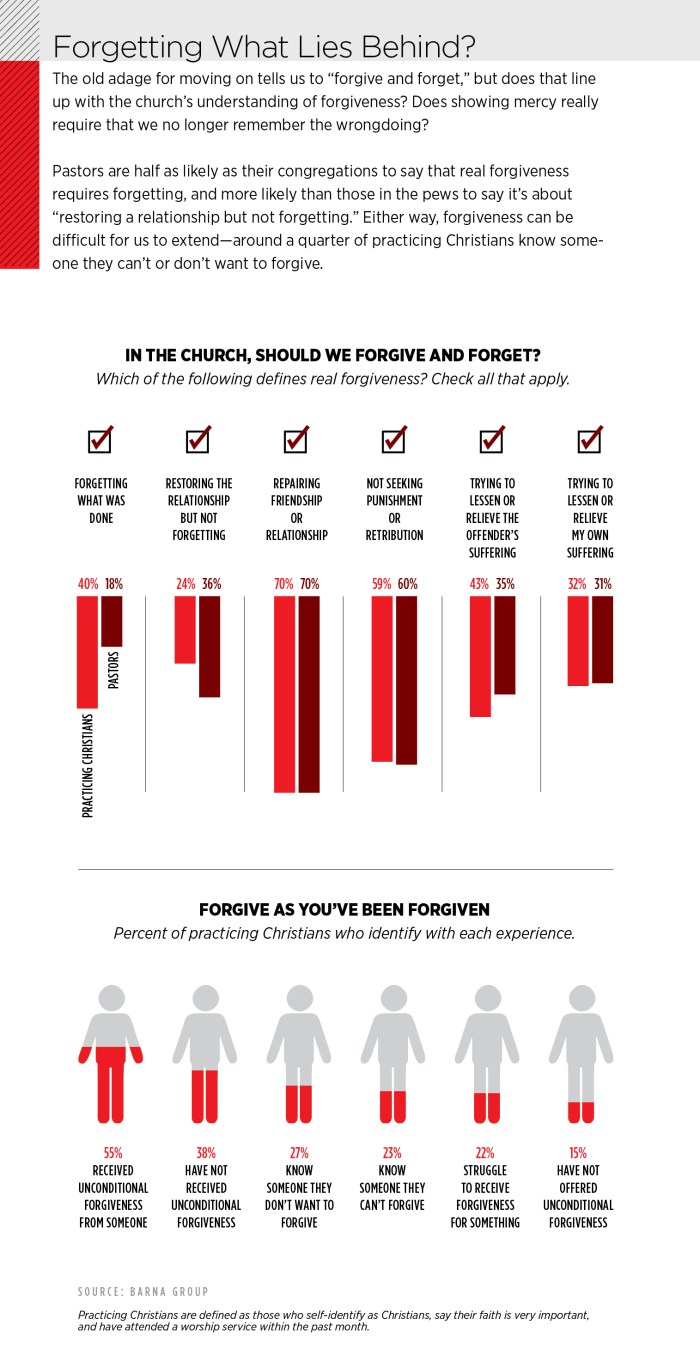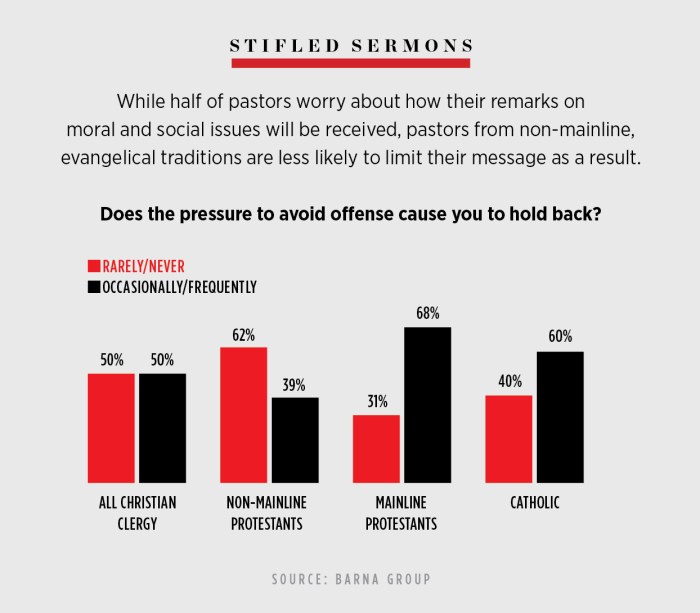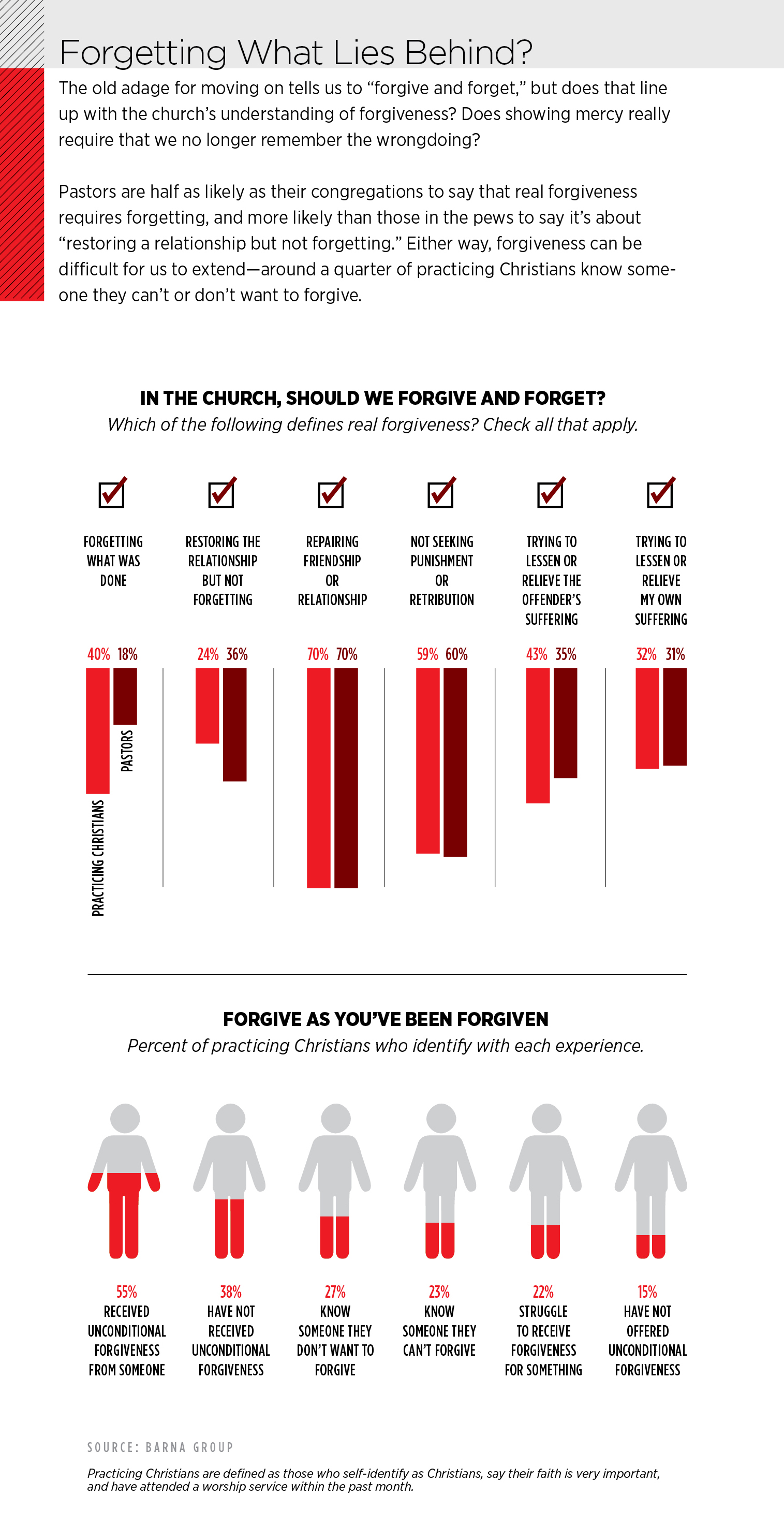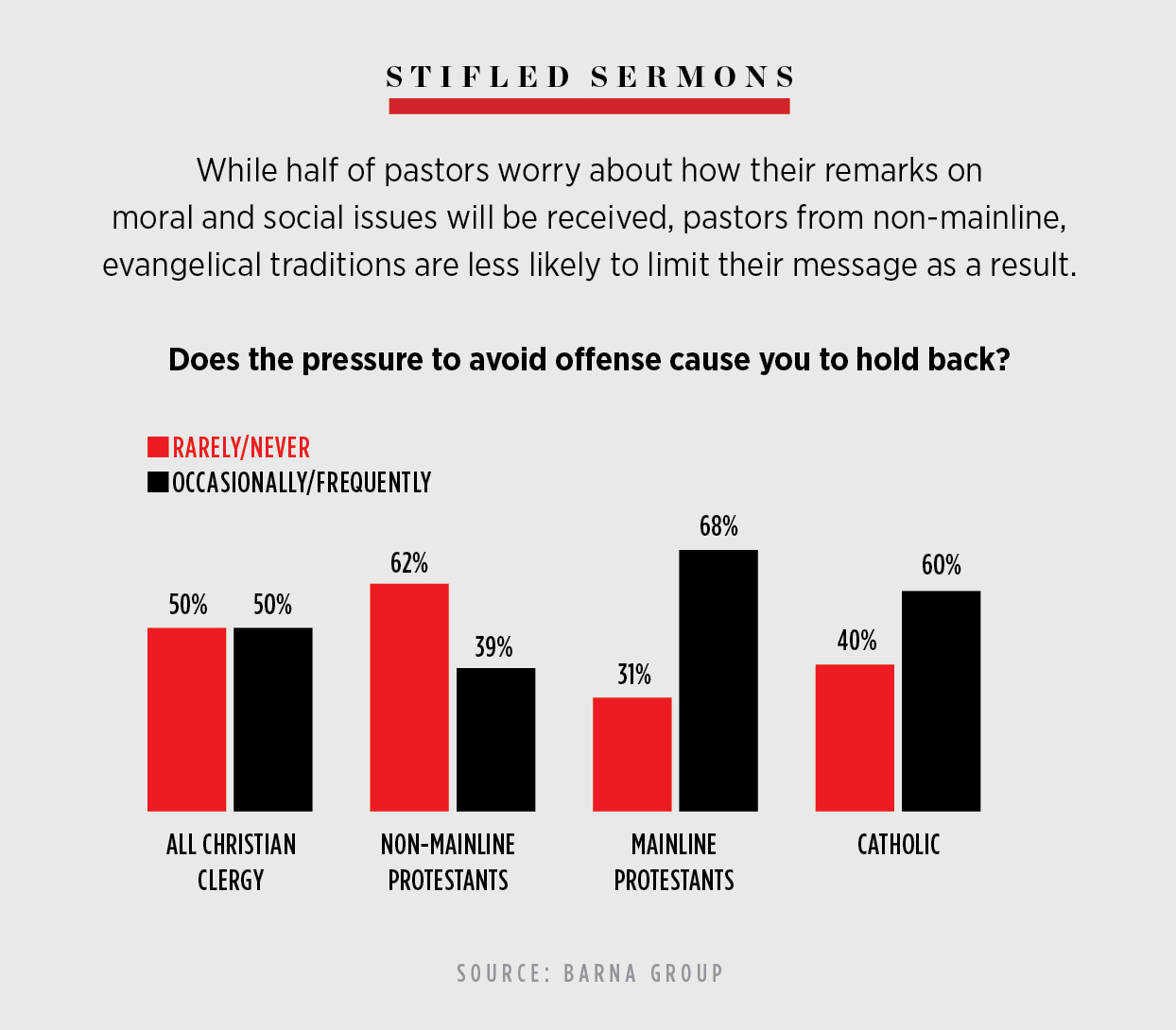Sri Lanka: Easter bombings deadliest in South Asia
The terrorist attacks that killed around 300 people in churches and hotels in Sri Lanka on Easter morning have been considered the worst to target South Asian Christians and the deadliest in recent memory. Two Catholic churches around the capital city of Colombo and an evangelical congregation on the opposite side of the island in Batticaloa suffered bloody blasts from suicide bombers. The attackers are believed to be from the radical Islamist group National Thowheeth Jama’ath. Christians make up less than 10 percent of the population in the mostly Buddhist island nation, which last year saw an uptick in religious freedom violations.
Bolivia: Evangelicals secure religious freedom protections
After several tumultuous years for evangelicals in Bolivia, President Evo Morales came through on promises to extend religious freedom for the country’s Protestant minority. A new law offers their churches and ministries equal rights as Catholic groups. Morales, the Andean nation’s first indigenous president, began consulting with Protestant leaders about the legislation as far back as 2010, and the National Association of Evangelicals of Bolivia celebrated that the law was finally approved in April. Last year, evangelicals decried a government move to criminalize evangelism.
Sovereign Grace deems outside investigation ‘impossible’
Sovereign Grace Churches (SGC)—previously Sovereign Grace Ministries—turned down ongoing calls for an independent, third-party investigation into the network’s response to abuse allegations, citing practical and ecclesiological concerns.
Hong Kong: Baptist pastor convicted for pro-democracy protests
Pastor Chu Yiu-ming was among nine activists found guilty of “public nuisance” for their role in the Occupy Central and Umbrella Movement protests to rally for voting rights in Hong Kong. Prior to suspending his 16-month prison sentence, the longtime pastor of Chai Wan Baptist Church shared his testimony with the courtroom in what he called the most wide-reaching sermon of his career. Chu, 75, argued that human rights are “a God-given gift, never to be arbitrarily taken away by any political regime” and quoted Matthew 5:10, “Blessed are the persecuted.”
Evangelicals claim their place in AI debate
More than 65 church and ministry leaders signed on the Evangelical Statement of Principles on Artificial Intelligence, the first major document to consider AI’s ethical and moral challenges for Christians. Championed as “a pioneering move” by faith and technology experts, the statement lays out driving beliefs—such as God as Creator and humans’ role as image-bearers—to inform potential applications of burgeoning technology. The document explicitly condemns the use of artificial intelligenceI for sexual pleasure as well as “manipulative and coercive” data collection.
Pastor parking may cost churches in taxes
Nonprofits—including churches—are not exempt from a 21 percent tax on certain employee benefits under tax reforms enacted last year. The Internal Revenue Service (IRS) now treats employee parking as a taxable income and requires churches who spend over $1,000 on the portion of their lot used for employee parking to file a form 990-T to report it. Churches that remove reserved parking signs by this April, or that do not spend much on maintenance, will not be subject to the new provision. Evangelical leaders and lawmakers have decried the unprecedented tax measure as a religious liberty concern and financial hassle.
Sudan: North African Christians cheer regime changes
Sudan’s persecuted Christian population was called the “heart of the revolution” to oust Islamist president Omar al-Bashir in April. In a revolution likened to 2010’s Arab Spring, leaders from the northeast African country’s Evangelical Presbyterian, Baptist, and Church of Christ denominations joined protests as civilian leaders condemned the regime’s sectarian restrictions. Weeks earlier, protests erupted in Algeria, where Christians asked that the Lord would intervene and bring peace as the military removed 82-year-old President Abdelaziz Bouteflika.














